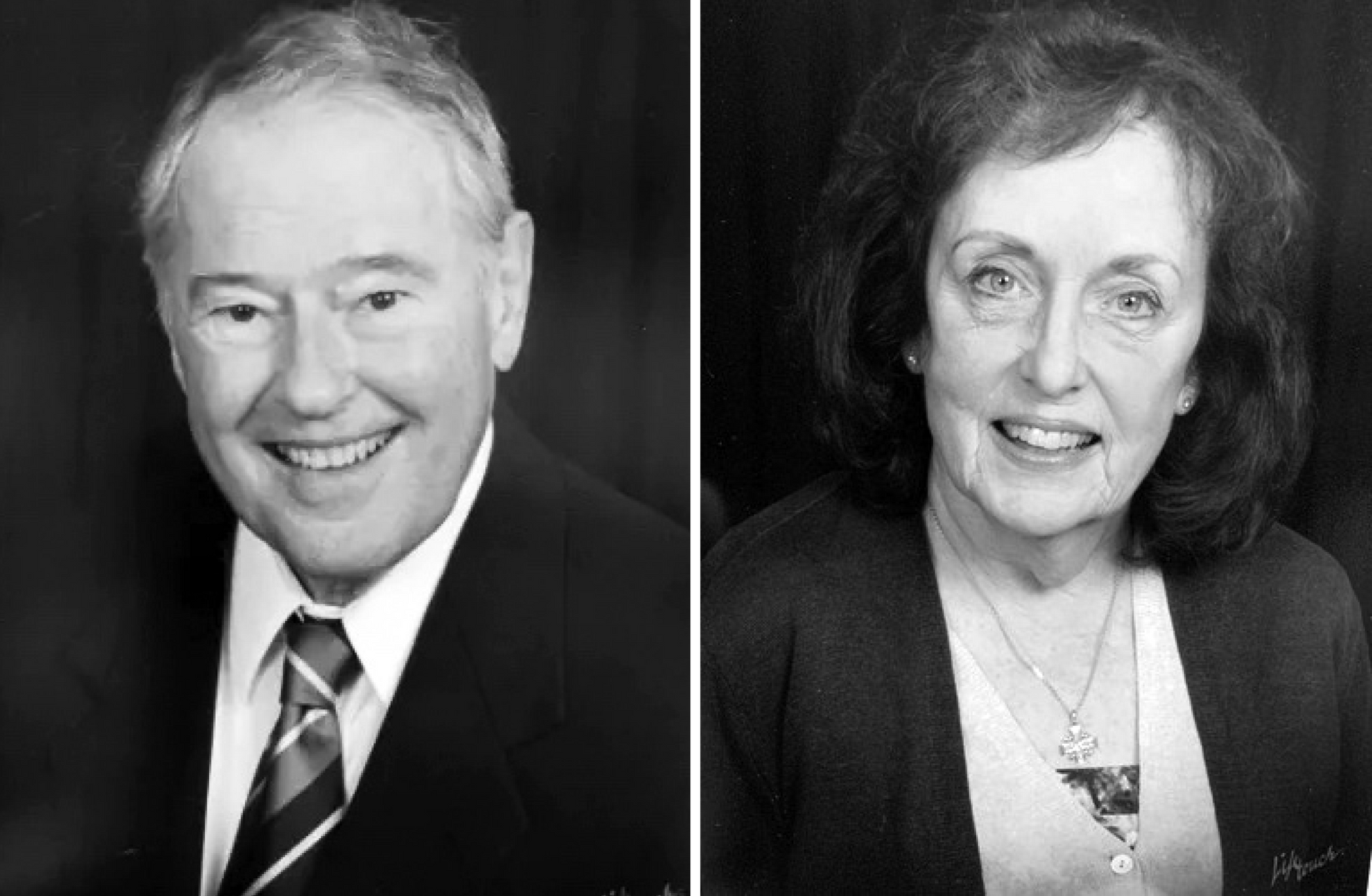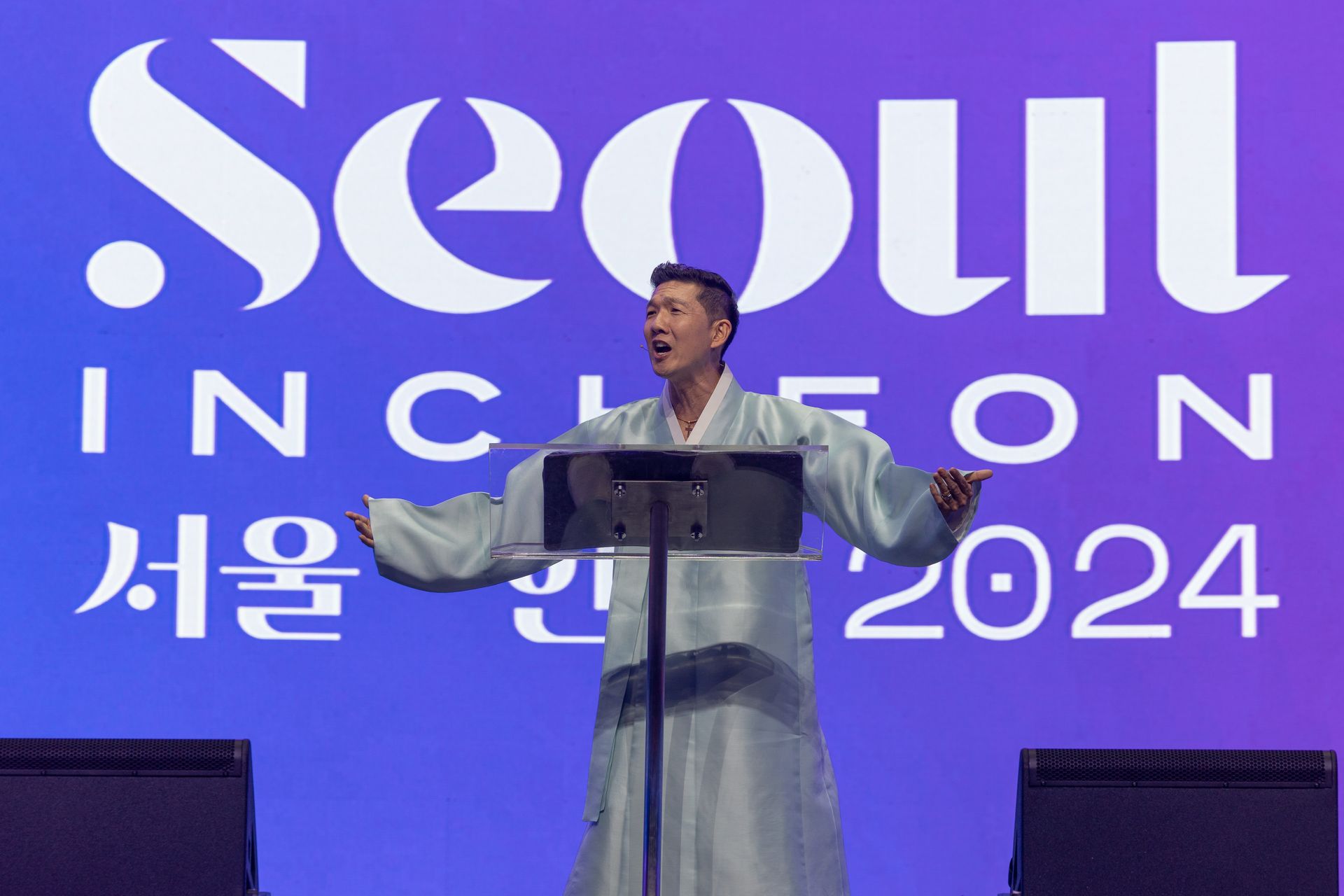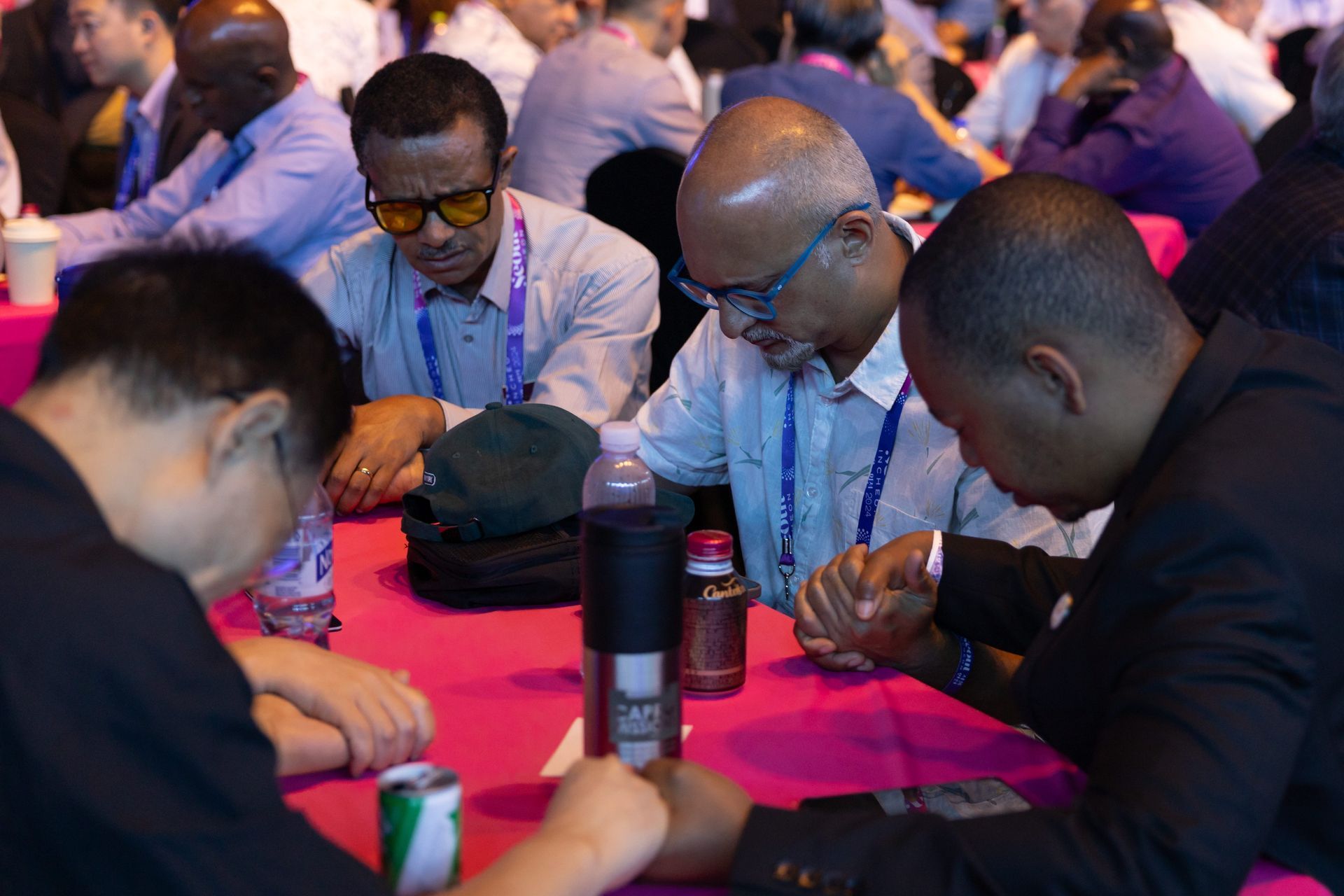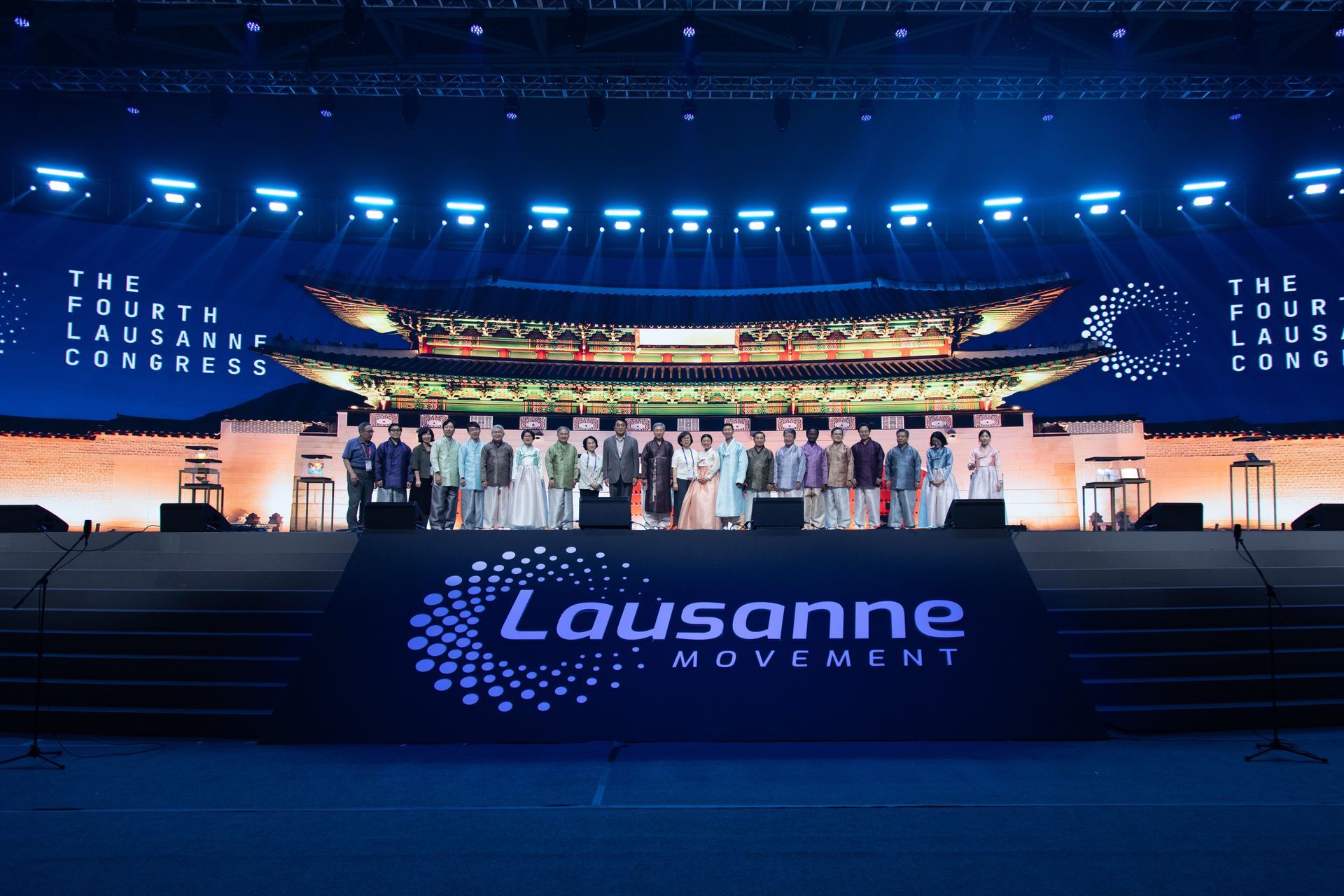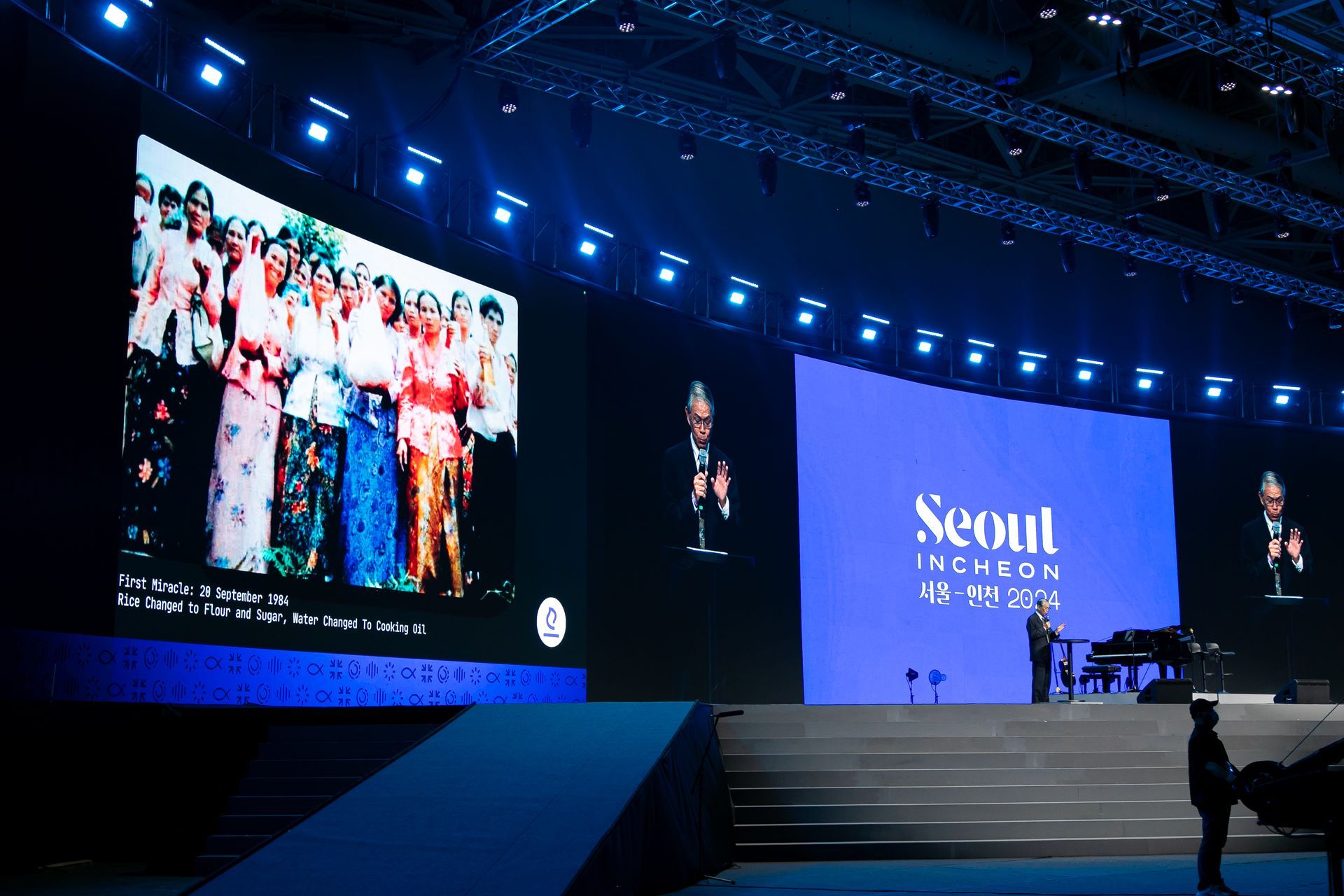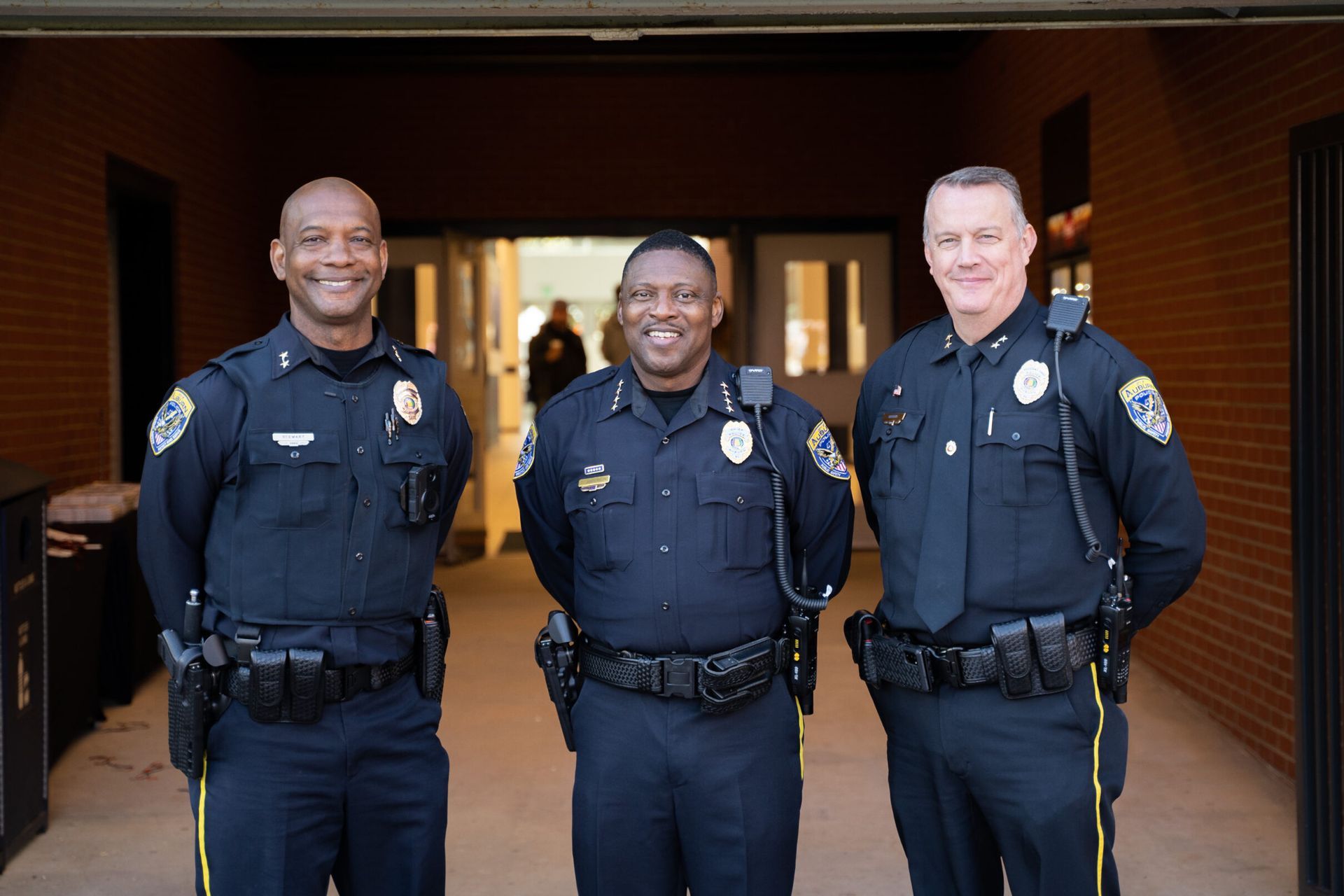February 28, 2025
Just over one year ago, two dear friends went to be with the Lord: Peter and Sally Ann Doyle. Peter was born in Pensacola, Florida on May 13, 1930. Sally Ann was born in Philadelphia, Pennsylvania, on April 2, 1934. In 1951, he attended Washington and Lee University in Virginia, while at the same time, she enrolled in the nearby Mary Washington College. They met while performing in an American Revolutionary drama entitled The Common Glory, she as a dancer, and he as an actor. After graduation, they married and pursued a calling into vocational ministry. After Peter graduated from Seabury Western Theological Seminary in 1957, they served two years as missionaries in Liberia, West Africa. From there, they went to Basel, Switzerland, where Peter pursued doctoral studies under the eminent 20th-century theologian Karl Barth. Peter did his doctoral dissertation on Jonathan Edwards, the 16th-century pastor/theologian who was perhaps the brightest theological mind that America has ever produced. Barth and Edwards differed on some important doctrines, but what they had in common bore much fruit in Peter and Sally Ann’s life, which was the centrality of God in everything. In Scripture, in life, and in everything, God is the capital-R-reality to which everything else in time and space must refer, THE Subject from which all other subjects derive their meaning. For Barth, Edwards, and especially for Peter, the fact that God is Triune – the one God who is Father, Son, and Holy Spirit – had profound implications for not only his theology but also his character. Our Triune God is a dynamic community, an eternal fellowship of persons in relation to one another. What Edwards brought home to Peter and Sally Ann is that the essential nature of this inner-trinitarian relationship is love. One of the most breathtaking chapters of any book I’ve ever read is the final chapter of Jonathan Edwards’ Charity and Its Fruit. The chapter is entitled “Heaven, a World of Love.” God is the fountain of love, as the sun is the fountain of light. And therefore the glorious presence of God in heaven, fills heaven with love, as the sun, placed in the midst of the visible heavens in a clear day, fills the world with light. The apostle tells us that “God is love;” and therefore, seeing he is an infinite being, it follows that he is an infinite fountain of love. Seeing he is an all-sufficient being, it follows that he is a full and over-flowing, and inexhaustible fountain of love. And in that he is an unchangeable and eternal being, he is an unchangeable and eternal fountain of love. There, even in heaven, dwells the God from whom every stream of holy love, yea, every drop that is, or ever was, proceeds. There dwells God the Father, God the Son, and God the Spirit, united as one, in infinitely dear, and incomprehensible, and mutual, and eternal love. There dwells God the Father, who is the father of mercies, and so the father of love, who so loved the world as to give his only-begotten Son to die for it. There dwells Christ, the Lamb of God, the prince of peace and of love, who so loved the world that he shed his blood, and poured out his soul unto death for men. There dwells the great Mediator, through whom all the divine love is expressed toward men, and by whom the fruits of that love have been purchased, and through whom they are communicated, and through whom love is imparted to the hearts of all God’s people. There dwells Christ in both his natures, the human and the divine, sitting on the same throne with the Father. And there dwells the Holy Spirit — the Spirit of divine love, in whom the very essence of God, as it were, flows out, and is breathed forth in love, and by whose immediate influence all holy love is shed abroad in the hearts of all the saints on earth and in heaven. There, in heaven, this infinite fountain of love — this eternal Three in One — is set open without any obstacle to hinder access to it as it flows forever. There this glorious God is manifested and shines forth, in full glory, in beams of love. And there this glorious fountain forever flows forth in streams, yea, in rivers of love and delight, and these rivers swell, as it were, to an ocean of love, in which the souls of the ransomed may bathe with the sweetest enjoyment, and their hearts, as it were, be deluged with love! [1] The Trinitarian circle of love is not a closed one, isolated, insulated, or turned in on itself. Instead, it is like a fountain, flowing ever outward. So it is entirely consistent with his outward-moving, others-centered nature for his love to flow outward and create others with whom to share his love. He is a God for whom love of the other is central to his being. Because we spurned his love, the cross was the only way to repair the breach. He loves us this much and in this way. If God were like us, the cross is an utter absurdity, but God’s love took the shape of the cross because this is who God is. He cannot be otherwise. On the cross of Christ, we see God acting in perfect harmony with his being. At the cross, we see God for who he is – a God who lays down his life for those he loves. In time, Peter and Sally Ann were conquered and overwhelmed by the love of God. We could say many wonderful things about them, but their most enduring legacy is this: a lifetime of having the Triune God of love at the center of everything – their marriage, their ministry, their life – resulted in them becoming people for whom sacrificial love of others was their most essential quality. Anyone who knew them would agree. And this is what God is about in our lives, too. He wants to transform us into a people for whom sacrificial love of others is our most essential quality. After 68 years of marriage, Sally Ann went to be with the Lord on November 16, 2023. Peter followed shortly thereafter on January 2, 2024. A month or so later, one of their dear friends, Betty Thomas, suggested we start a scholarship fund in their honor. So, with the support of the Doyle family, we started the Dr. Peter and Sally Doyle Memorial Scholarship to encourage Christlike character in aspiring leaders. Why the Doyle Memorial Scholarship? In seminary education, we could aim to equip students to understand all mysteries and grasp all knowledge, become scholars, and publish books. We could aim to train students to be the best exegetes of Scripture and wow audiences with rhetorical power. We could inspire in them the kind of faith needed to grow churches, plant new ones, send missionaries, reach the unreached, and make many sacrifices in Christ’s name. But without love, what would it accomplish? Nothing. As Paul told Timothy, “The aim of our charge is love” (1 Timothy 1:5). Students will graduate and be able to teach, preach, evangelize, disciple, and more. But are they being increasingly conquered and ruled by the love of God? Are they increasingly becoming people for whom sacrificial love for others is their most essential quality? In their relationships with their spouse, children, co-workers, friends, neighbors, and strangers, are they becoming more patient and kind, less envious and boastful, more humble and gentle, less demanding and resentful? Do they repent more quickly and know their desperate need for grace more deeply? Do they celebrate the gospel more fully? Tonight at our annual banquet, we will be awarding the Doyle Memorial Scholarship in honor of two servants of the Lord Jesus, for whom we can respond to these questions with a resounding “Yes!” May this scholarship in their honor encourage many others on this path toward Christlikeness. -- For more on Peter and Sally Ann, listen to a two-part podcast interview we did in 2023 with Peter and Sally Ann: part 1 and part 2 . References: [1] Edwards, Jonathan. Charity and Its Fruits: Christian Love as Manifested in the Heart and Life . Edited by Tryon Edwards. Carlisle, PA: Banner of Truth Trust, 2000. P. 326-7
